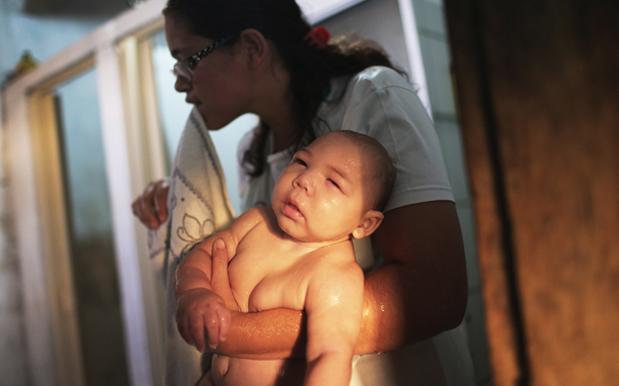
Some unsettling stuff this morning: the World Health Organisation has officially declared the mosquito-borne Zika virus to be a global health emergency.
This comes after the organisation last week upped the threat level from “mild” to “alarming”, estimating it’ll affect somewhere between 3 and 4 million people before we’ve seen the last of it (timeline currently unknown).
Although Brazil – due to host the Olympic Games in Rio de Janeiro in August – has seen the worst of the outbreak, several countries outside of the Americas have reported nationals returning home from South America with the disease, including three Britons, one Dane and five French citizens.
Declaring an international public health emergency was recommended by a committee of independent experts to the WHO amid criticism of a slow response so far, despite the disease’s connection to thousands of suspected birth defects in Brazil.
The WHO director-general Margaret Chan said at a press conference:
“Members of the committee agreed that the situation meets the conditions for a public health emergency of international concern. I have accepted this advice.”
It’s hoped the panic that’ll no doubt result from the global declaration will help fast-track international action and speed up work on a vaccine.
Those infected will experience symptoms similar to dengue fever – including fever, skin rashes, conjunctivitis, muscle and joint pain, malaise, and headaches – for anywhere from 2–7 days, and an estimated 80% infected will have no symptoms whatsoever.
However, it’s the strongly suspected links between the Zika virus and rates of babies being born in Latin America with microcephaly, a condition that sees them born with an underdeveloped head, and can cause brain damage.
The Zika virus is primarily being spread through mosquito bites, so anyone travelling to the Americas is urged to take every prevention to avoid being bitten, although there’s no official travel warnings currently in place.
If you are travelling to any of the aforementioned regions in the near future, best check in with DFAT‘s website on the reg, yeah?
Source: World Health Organisation.
Photo: Mario Tama / Getty.



